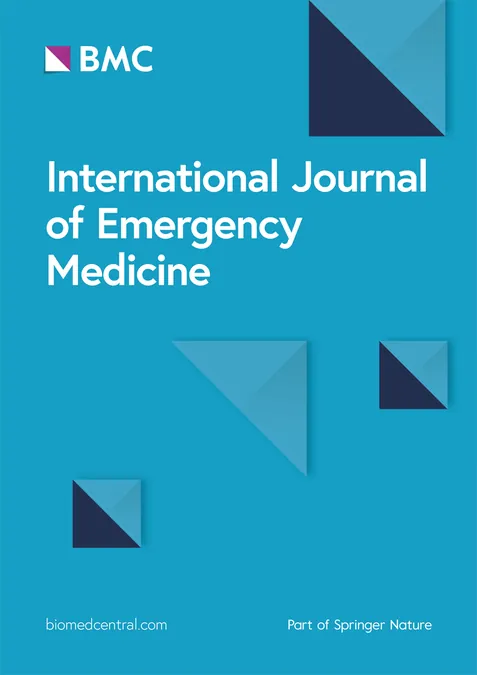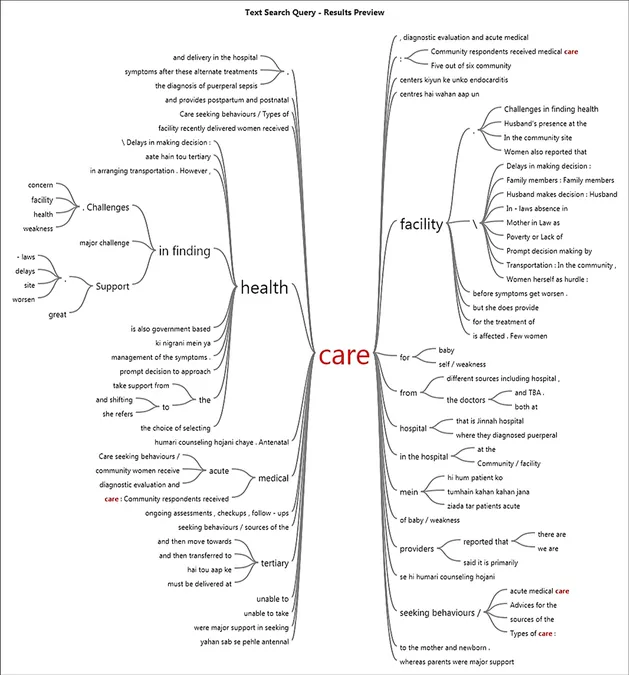
Unraveling the Delays: What’s Keeping Stroke Patients from Timely Hospital Care in Ethiopia?
2025-04-15
Author: Jia
The Critical Window: Why Timing Matters in Stroke Treatment
In the battle against strokes, every second counts. Early detection and prompt medical intervention can significantly reduce the risks of complications and fatalities. A mere delay in getting to the hospital can drastically affect the outcome for stroke patients, making timely medical attention imperative.
Understanding the Study
Conducted over a two-year period at Yekatit 12 Hospital Medical College in Addis Ababa, this case-control study sought to identify key predictors that lead to delayed hospital visits after a stroke. With data from 249 participants, the findings reveal critical insights into the factors affecting timely care.
Key Findings: Who Is Most Likely to Delay?
The study uncovered alarming trends: patients aged 60 and younger, those living outside Addis Ababa, and individuals who experienced strokes at night were notably more likely to seek help late. Surprisingly, those without health insurance were also less likely to delay seeking care. Specifically, the median time from stroke onset to hospital arrival was a staggering 24 hours for late presenters, compared to just 2 hours for those who arrived on time.
Why Do These Delays Happen?
Various factors contribute to these delays, notably a lack of immediate transportation and an insufficient awareness of stroke symptoms among the public. Additionally, logistical issues such as poor road conditions and inadequate healthcare resources in more remote areas exacerbate the situation.
The Broader Impact: Understanding the Stroke Landscape in Ethiopia
Globally, strokes are a leading cause of death and disability, disproportionately affecting older adults. With increasing rates of stroke incidences reported globally, particularly in Africa, early intervention is becoming even more critical. In Ethiopia, understanding the nuances of patient delay presents an invaluable opportunity to not only improve individual outcomes but also shape national healthcare policies.
A Call to Action: Improving Outcomes Through Awareness and Policy Change
This study highlights an urgent need for targeted health policies to improve awareness around stroke symptoms and increase access to medical care, especially for vulnerable populations. Community education campaigns could play a vital role in minimizing pre-hospital delays, ultimately improving health outcomes for stroke patients across Ethiopia.
Conclusion: Timely Intervention is Key
Recognizing the predictors of delayed hospital presentation can help transform how stroke care is delivered. By understanding and addressing these barriers, healthcare systems can improve outcomes for stroke patients, making every second count in the race against this life-threatening condition.



 Brasil (PT)
Brasil (PT)
 Canada (EN)
Canada (EN)
 Chile (ES)
Chile (ES)
 Česko (CS)
Česko (CS)
 대한민국 (KO)
대한민국 (KO)
 España (ES)
España (ES)
 France (FR)
France (FR)
 Hong Kong (EN)
Hong Kong (EN)
 Italia (IT)
Italia (IT)
 日本 (JA)
日本 (JA)
 Magyarország (HU)
Magyarország (HU)
 Norge (NO)
Norge (NO)
 Polska (PL)
Polska (PL)
 Schweiz (DE)
Schweiz (DE)
 Singapore (EN)
Singapore (EN)
 Sverige (SV)
Sverige (SV)
 Suomi (FI)
Suomi (FI)
 Türkiye (TR)
Türkiye (TR)
 الإمارات العربية المتحدة (AR)
الإمارات العربية المتحدة (AR)